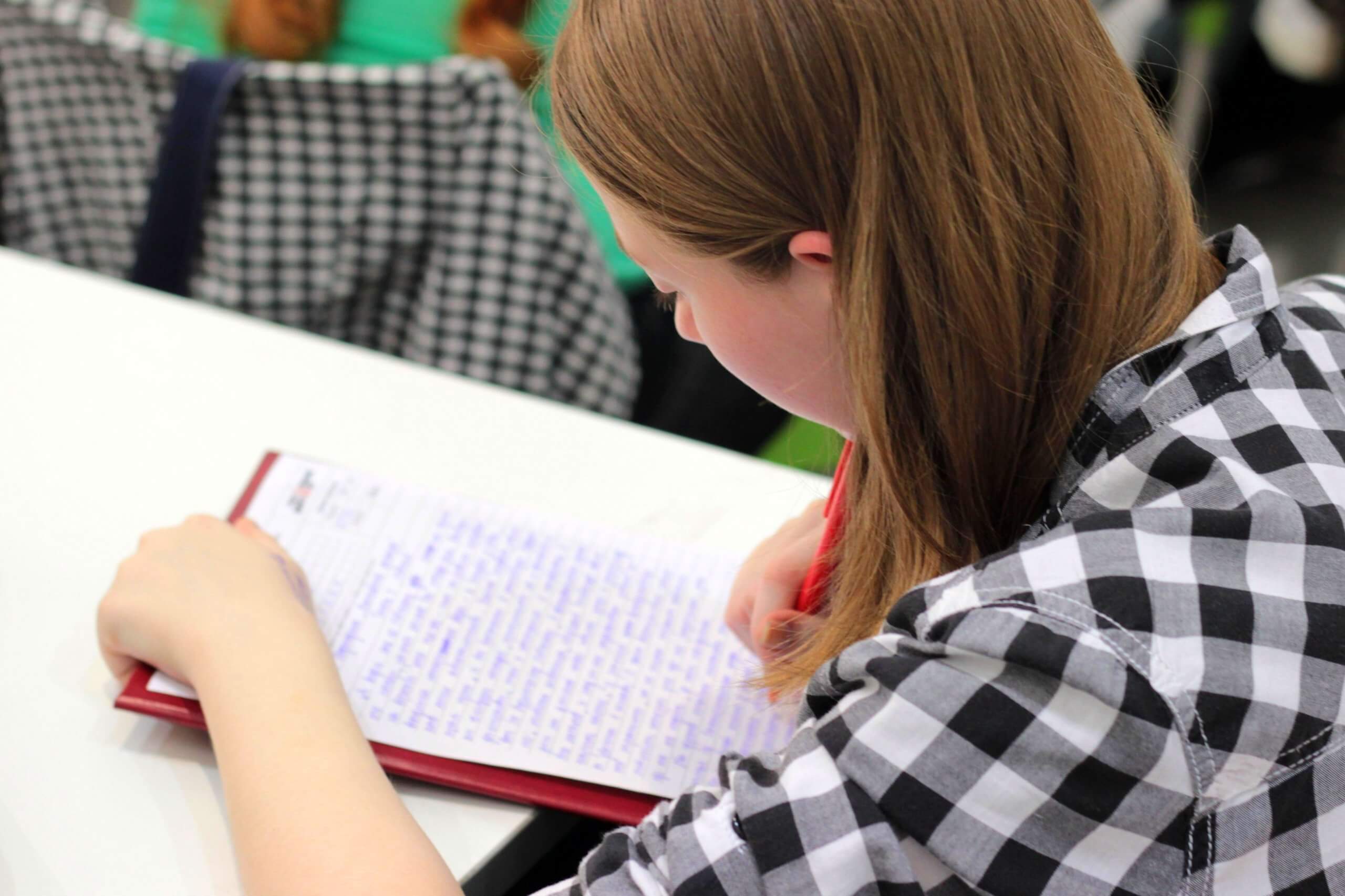Preparing for exams can be a challenging task, and it is easy for students to make mistakes that can hinder their success. These mistakes can range from poor study habits to ineffective time management, and they can have a significant impact on a student’s ability to perform well on exams. In this blog post, we will discuss 11 common mistakes that students make while preparing for exams and offer some tips on how to avoid them.
-
Procrastination
One of the most common mistakes that students make while preparing for exams is procrastination. Many students wait until the last minute to start studying, which can lead to stress and poor performance on exams. To avoid procrastination, students should start studying early and create a study schedule that allows them to cover all the material they need to know.
-
Lack of planning
Another common mistake is a lack of planning. Students often underestimate the amount of time they need to prepare for exams and fail to create a comprehensive study plan. To avoid this mistake, students should start by identifying the topics they need to cover and then create a study schedule that breaks down the material into manageable chunks.
-
Failure to organize study material
Organizing study material is also essential for effective exam preparation. Many students make the mistake of not organizing their notes, textbooks, and other study materials, which can lead to confusion and wasted time. To avoid this mistake, students should use tools like binders, folders, and digital note-taking apps to keep their study materials organized.
-
Studying without understanding
Some students make the mistake of simply memorizing material without understanding it. While memorization is important, it is equally important to understand the concepts being studied. To avoid this mistake, students should ask questions, seek clarification from teachers, and use study aids like flashcards to reinforce their understanding of key concepts.
-
Skipping classes
Skipping classes can be a costly mistake when it comes to exam preparation. When students skip classes, they miss out on valuable information that can be critical to exam success. To avoid this mistake, students should make sure they attend all their classes and take detailed notes during lectures.
-
Not practicing enough
Practice is crucial when it comes to preparing for exams. Many students make the mistake of not practicing enough, which can lead to poor performance on exams. To avoid this mistake, students should practice solving problems, writing essays, and answering exam questions under timed conditions.
-
Over-reliance on study guides
While study guides can be helpful, they should not be the sole source of information for exam preparation. Many students make the mistake of relying too heavily on study guides and neglecting their textbooks and other study materials. To avoid this mistake, students should use study guides as supplements to their main study materials.
-
Cramming
Cramming is another common mistake that students make while preparing for exams. Many students try to cram a semester’s worth of material into a few days, which can lead to stress, exhaustion, and poor performance on exams. To avoid this mistake, students should start studying early and create a study schedule that allows them to cover all the material they need to know without cramming.
-
Poor time management
Poor time management is another common mistake that students make while preparing for exams. Many students struggle to balance their study time with their other responsibilities, such as work, extracurricular activities, and social commitments. To avoid this mistake, students should create a study schedule that takes into account their other responsibilities and allows them to manage their time effectively.
-
Failure to take breaks
Taking breaks is essential for effective exam preparation. Many students make the mistake of studying for long hours without taking breaks, which can lead to burnout and reduced productivity. To avoid this mistake, students should take regular breaks during their study sessions to recharge

